Research Partners
(A list in alphabetical order)

Design Center for
Environmental and Community Health,
University of Maryland
Prof. Christopher D. Ellis; Dr. David N. Myers; Dr. Naomi Alena Sachs; Dr. Deni Ruggeri; Dr. Byoung-Suk Kweon; Mr. Dennis R Nola; Mr. Jack Sullivan
Design for EaCH is a center for collaboration among educators, researchers, students and practitioners concerned with the health of people and the environment we live in. We study health related design problems in the laboratory and classroom, and implement solutions in the real world. Our goal is to rise above the minimum bar of sustainability, toward a healthier, better balanced, and more productive world community that maximizes quality of life. We do that through research and development ranging from therapeutic landscapes and accessible design, to resilient design, green infrastructure and wildlife habitat restoration.

Virtual Reality and Nature Lab,
Clemson University
Director: Dr. Matthew H.E.M. BROWNING
Clemson University’s Virtual Reality and Nature Lab applies an interdisciplinary, technological focus to the study of people’s connections and interactions with the natural world.The lab has two areas of primary focus.
Lab researchers: 1. Conduct both basic and applied research on the therapeutic effects of simulated natural environments on human health and well-being.2. Look for ways to evaluate and ultimately enhance the frequency, richness, and meaningfulness of nature-based connections and interactions.
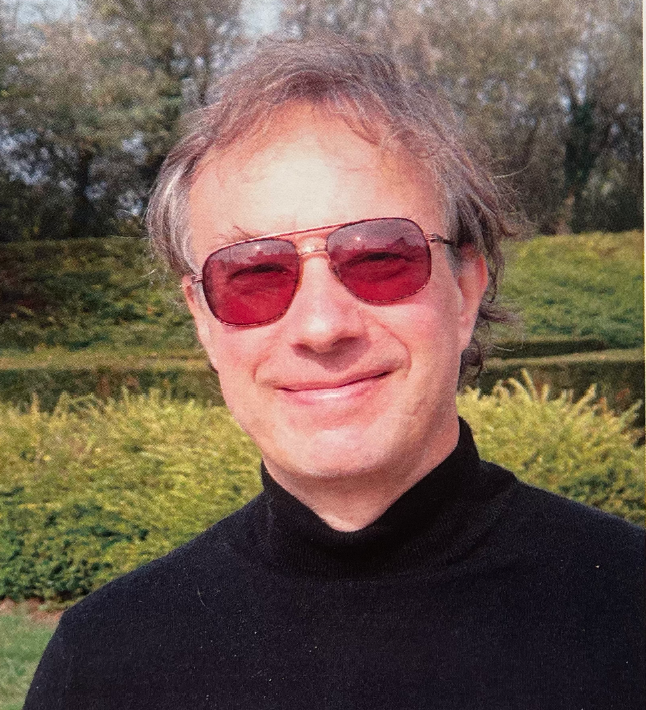
Jon BURLEY,
Michigan State University
Dr. Jon BURLEY
Dr. Burley received his PhD degree from the University of Michigan (1995), with an MLA from the University of Manitoba (1988) and a BLA from the University of Minnesota (1978). He has published nearly 400 articles and abstracts related to landscape architecture, one book in reclamation planning and design, and one book in landscape history. Dr. Burley is the past chair of the ASLA International Professional Practice Network, past member of the AFB40 Landscape and Environmental Design Committee Transportation Research Board National Academies, past chair of the ASLA Restoration and Reclamation Professional Practice Network, and past chair of Chairs for the ASLA Professional Practice Network. He also conducts a wide variety of studies in landscape hazards, landscape history, wildlife habitat, and information science.
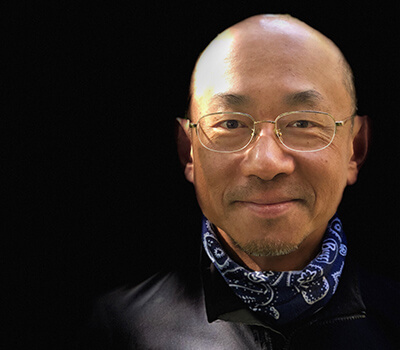
Lab of Healthy Landscape and Healthy People, Taiwan University
Director: Prof. Chun-Yen CHANG
Professor Chang teaches at Department of Horticulture and Landscape Architecture in National Taiwan University, Taipei, Taiwan. He examines the relationship between landscapes and human health and wellbeing. One of his most important contributions has been to develop a framework describing relationships between healthy landscapes and human health. He is Director of the “Laboratory of Healthy Landscape Healthy People East” which is cooperating with the western group from the University of Illinois in Urbana.
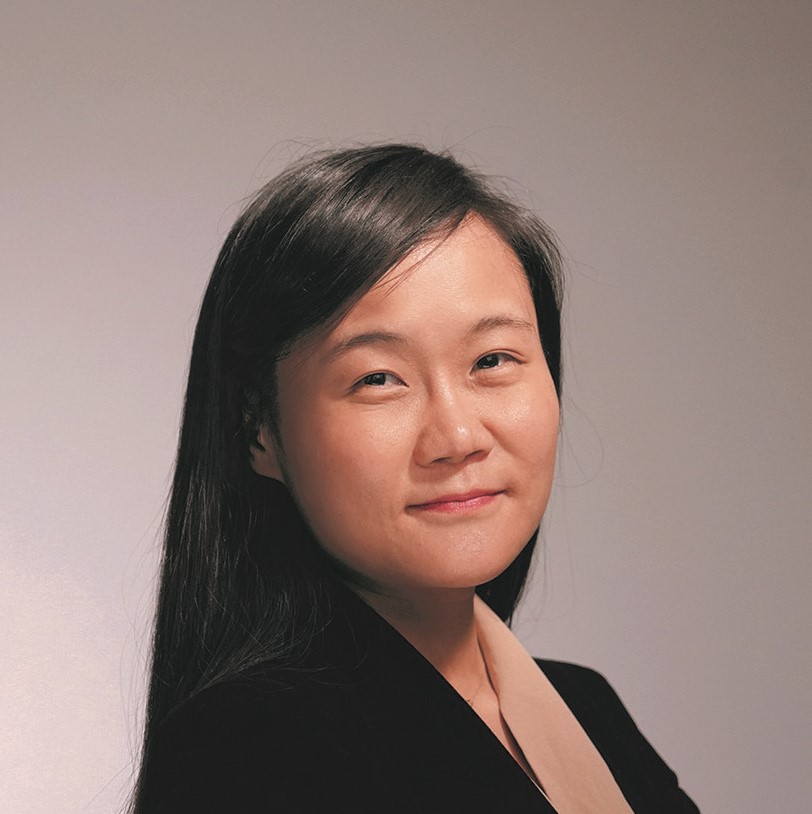
Health + Intelligence Design Lab,
Tongji University
Director: Dr. Zheng CHEN
Health+ Intelligence Design Lab is a division in Key Laboratory of Ecology and Energysaving Study of Dense Habitat. Health+ Lab explores possibilities bridging cognitive neuroscience and environmental design together, challenging our understanding of environmental perceptions and behaviors, as well as their influence on human health and wellbeing. We integrate wearable biosensors (e.g. electroencephalogram, electromyography, electrocardiogram, eye-tracking, motion sensors and etc.) to extend our understanding of human-environment interactions, and to support better informed design decisions.
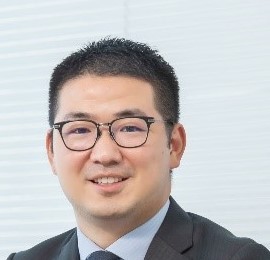
Gao Group for Air quality, Health and Climate (GGAHC),
Hong Kong Baptist University
Associate Professor of atmospheric sciences: Dr. Meng GAO
GGAHC is an interdisciplinary research lab established by Dr. Meng Gao at Hong Kong Baptist University, motivated by better understandings of processes that determine the spatiotemporal variations of air pollutants, and their implications for public health and climate. Their research uses numerical atmospheric chemistry/weather/climate models (WRF-Chem, GEOS-Chem, WRF, CESM, etc.) and advanced statistical methods (machine learning, etc.) to interpret observed air pollution/climate phenomena, to assess their health impacts, and to prepare for the future.
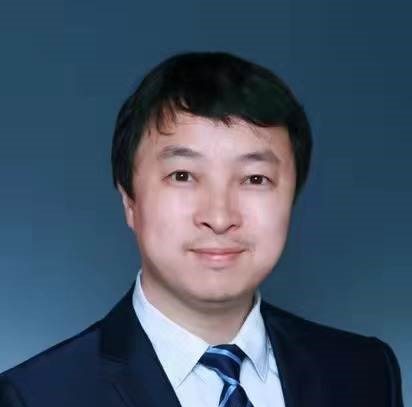
Automation Interaction Laboratory (AI-Lab),
Tsinghua University
Director: Dr. Jibo HE
Automation Interaction Laboratory (AI-Lab) focuses on the implementation and optimazation of technology automation on human-computer interaction performance, especially in the fields of driving, aviation, and virtual reality. AI-Lab implements or evaluates the effects of heads-up display (HUD), voice recognition, gesture control, fatigue, and mind wandering on driving and aviation performance. The lab has expertise in eye tracking, driving simulation, virtual reality and biomathematical model of fatigue (the FAID software).

Cultural and Healthy Landscape Lab
Dr. Chung-Heng HSIEH
Dr. HSIEH, Chung-Heng, holding his doctorate in Horticulture, is currently the Chairperson of Bachelor Degree Program of Art and Cultural Creation and Associate Professor of Department of Landscape Architecture, College of Art, Fu Jen Catholic University, Taiwan. His research interests include Recreation Planning, Landscape and Recreational Resource Management, Park System Planning, Urban Agriculture and Community Gardens, and Wellness and Healing Landscape.
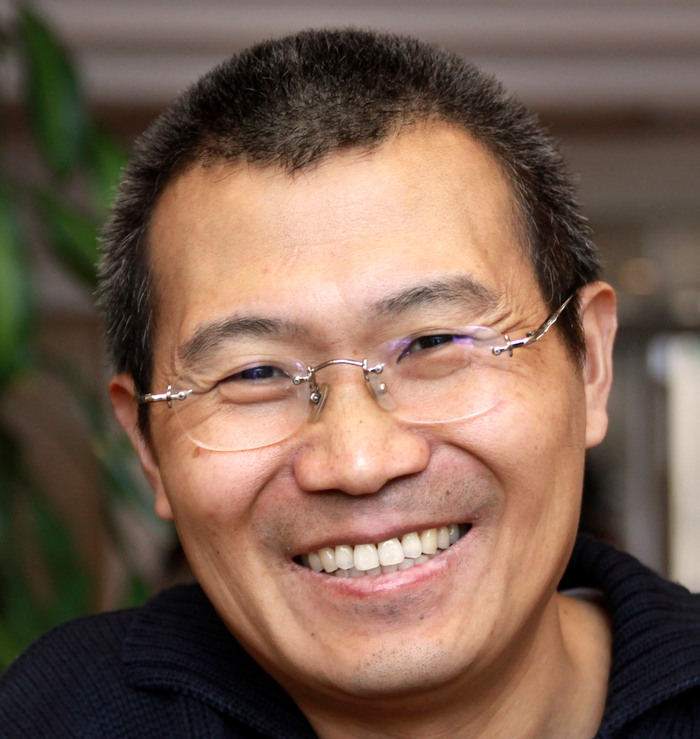
LifeGIS Lab,
University of Gävle
Director: Dr. Bin JIANG
Dr. Bin JIANG is the Director of LifeGIS Lab at the University of Gävle, Sweden. His research interests center on geospatial analysis and modeling, for example, topological analysis and scaling hierarchy applied to buildings, streets, and cities, or geospatial big data in general. Over the past years, he has developed a series of novel concepts, methods, and tools, which are all complexity science oriented, such as natural cities, natural streets, head/tail breaks, ht-index, and scaling law, not only for better understanding city structure and dynamics, but also for effectively transforming cities and communities to become living or more living. He formulated three fundamental issues of urban science about a city: how it looks, how it works, and what it ought to be. In other words, urban science should study not only how cities are, but also – probably more importantly – what cities ought to be, that is, urban planning and design towards a sustainable society. Inspired by the great architect Christopher Alexander, he developed a mathematical model of beauty – or beautimeter – which helps address not only why a city is beautiful, but also how beautiful the city is.
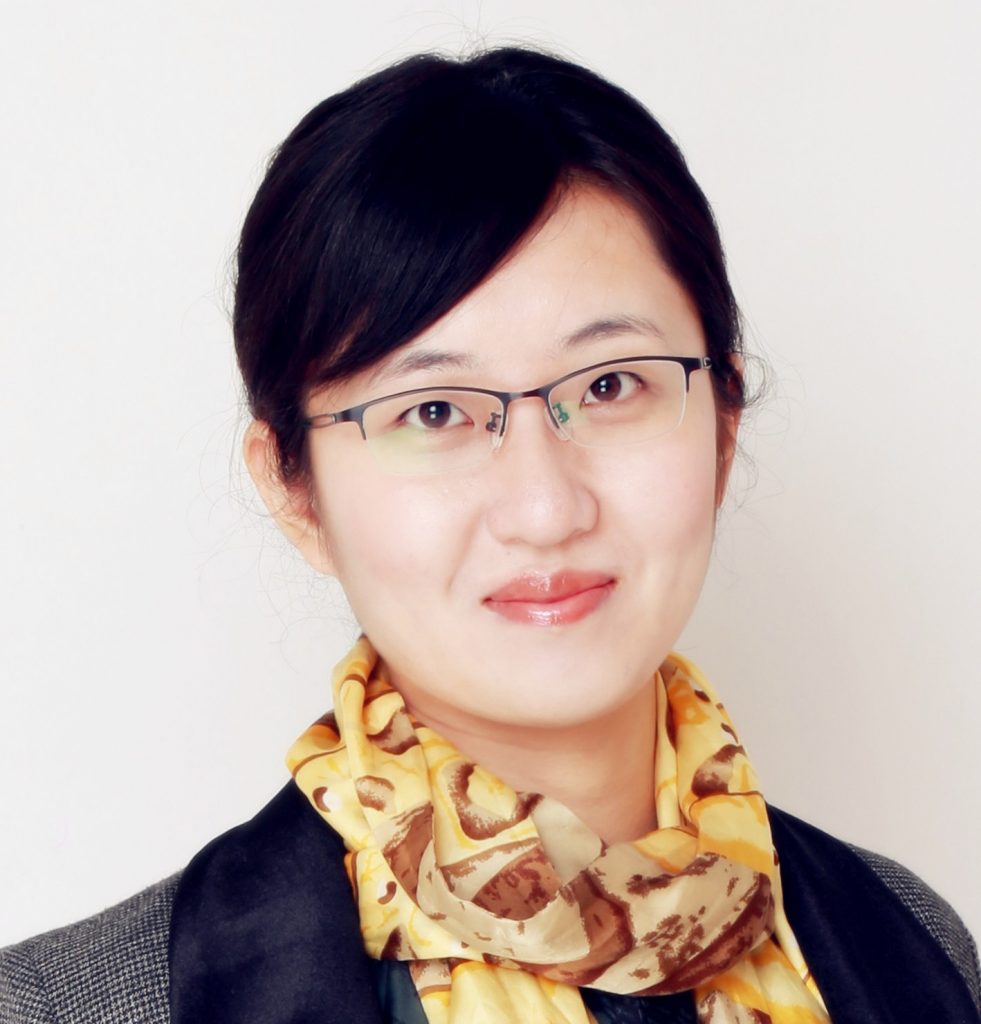
Climate Resilience and Mental Well-Being Lab,
Texas A&M University
Director: Dr. Dongying LI
Climate Resilience and Mental Well-Being Lab focuses on the environmental and health impacts of climate change, and built environment solutions to health promotion. In the lab, we conduct research to investigate the root causes of health disparities embedded in the history of urban policy and transformation, identify modifiable health risks, and discuss the role of the built environment in improving mental health, well-being, and equity.
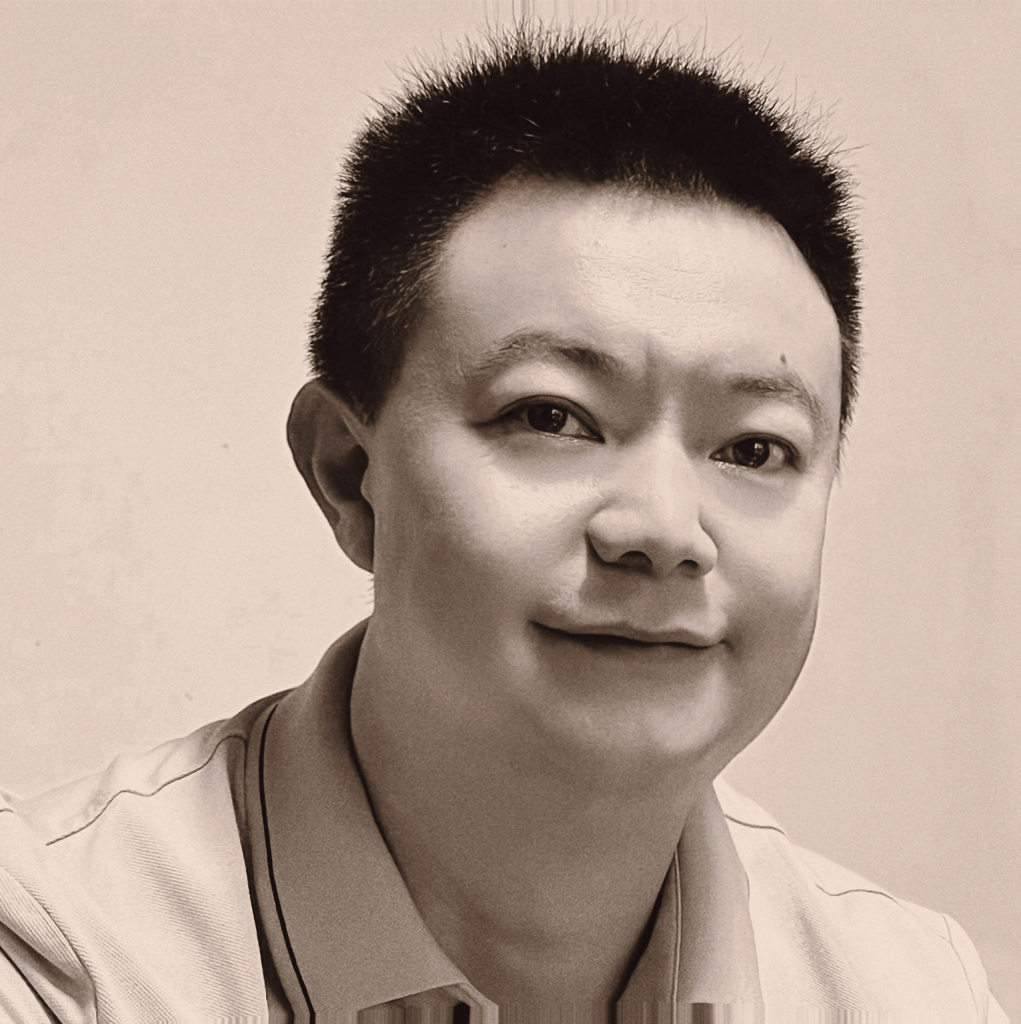
Landscape Psychology & Behavior Research Center,
Southwest University
Director: Prof. Liang LI
The main research interest of the center is to study landscape by combining the knowledge and methods of disciplines such as art, design, historical geography and psychology, and exploring knowledge of landscape design thinking, the relationship between landscape design creativity and intelligence, landscape psychology and behavior, etc. The monograph “Landscape Design Psychology” has been officially published.

Beijing City Lab,
Tsinghua University
Founding Director: Dr. Ying LONG
The Beijing City Lab (BCL) is a dedicating to studying, but not limited to, China’s capital Beijing. The Lab focuses on employing interdisciplinary methods to quantify urban dynamics, generating new insights for urban planning and governance, and ultimately producing the science of cities required for sustainable urban development. The lab’s current mix of urban planning, architecture, urban geography, GIS, economy, and computer science background lends unique research strength.
The Founding director is Dr. Ying Long. Dr. Long is now working in the School of Architecture, Tsinghua University, China as a tenured associate professor. His research focuses urban science, including applied urban modeling, urban big data analytics & visualization, quantitative urban studies, planning support systems, data augmented design and future cities. He has an education background in both environmental engineering and city planning.
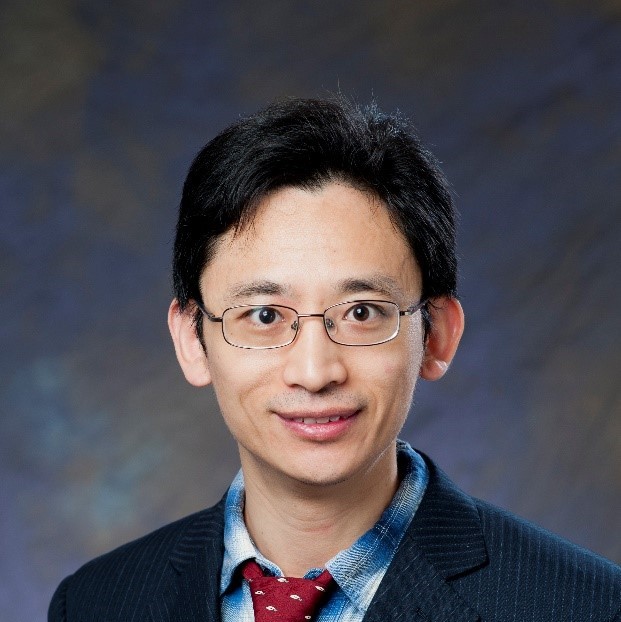
Healthy Urban and Building Lab,
City University of Hong Kong
Director: Dr. Yi LU
Healthy Urban and Building Lab (HUB) is an interdisciplinary research center established by Dr. LU at City University of Hong Kong. The multidisciplinary research team of research staff members and Ph.D. students focuses on improving health through interdisciplinary research that links the built environment, physical activity, and well-being. The award-winning research has provided new evidence and insights that suggest that human behaviors and health outcomes are related to both building and urban design characteristics. More importantly, the research may help local governments create more walkable and greener streets and cities, which can promote the health of many urban residents in the long run.
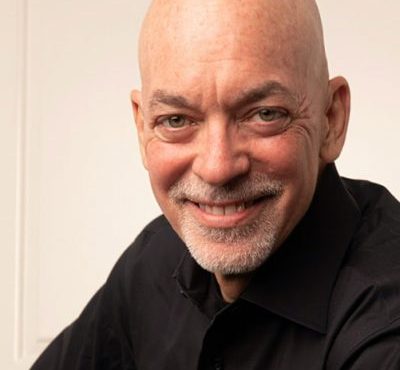
Sustainability and Human Health Lab, University of Illinois
Director: Prof. William C. SULLIVAN
How do landscapes that we design, especially urban landscapes, impact the health and wellbeing of people? My students and I examine this question by measuring exposure to varying landscapes — the level of green infrastructure in neighborhoods, or the amount of nature on campuses, or the density of vegetation in urban spaces. We measure the impact of these places on people’s hormones, heart rates, brain waves, psychological states, and ability to pay attention.

Faculty of Agriculture,
Chiang Mai University
Assistant Dean of Faculty:
Dr. Pongsakorn (Tum) SUPPAKITTPAISARN
Smart Agriculture for Better Life, we educate students, undergo research studies, and provide out reach services to create the agricultural systems based on innovation and technology, up to standard, safe, adding values, and environmentally friendly for better well-being of the people.
Landscape Design and Environmental Management Studio
Co-director of Studio
Our studio focuses on researching and sharing knowledge about landscape design and management under the understanding of natural sciences and design research. We tackle wide ranges of landscape design and environmental management issues. We believe that landscape design is not just for beauty, but a balanced coexistence of people and the environment around us.

Healthy City WLAN Lab,
Tongji University
Director: Prof. Lan WANG
Healthy City WLAN Lab is a multi-disciplinary research laboratory supported by national and international research network of healthy city. The lab carries out theoretical and empirical studies, evidence-based practice and Health Impact Assessment (HIA), as a response to critical and pressing health issues including high prevalence of chronic health diseases and pandemic under climate change. In all, the lab aims to achieve human and planetary health through urban planning and design.
Professor Lan Wang is the founder of Healthy City WLAN Lab and Deputy Dean of College of Architecture and Urban Planning, Tongji University, Shanghai, China. Her research focuses on healthy city planning and design. Prof. Wang is invited as a member of International Steering Committee of British Healthy Cities Council and National Committee for Health City Development of China. She also serves as Deputy Director and Secretary-General of China Healthy City Committee (2018-present) and Executive Director of Asian Development Bank-Tongji Urban Knowledge Hub (2010-present). Her research and practice won National Excellence Urban Planning and Design Award, Shanghai Science and Technology Award, and China Award for Science and Technology in Construction.

Lab of Design Research for Sustainability,
Peking University
Director: Dr. Zhifang WANG
Lab of Design Research for Sustainability is a multidisciplinary research hub established by Dr. Zhifang Wang of Peking University, focusing on promoting evidence-based design and practice-oriented research for sustainability.
Motivated by an understanding of reductionism-based sciences and holistic decision making of sustainable design, the lab advocates synthesis-based research for sustainable design practices. Beyond synthesis, the lab explores human-nature interactions particularly landscape perception across scales using multi-sourced data. The ultimate goals of the lab are to systematically understand social-ecological systems thus promote evidence-based sustainable design across scales.
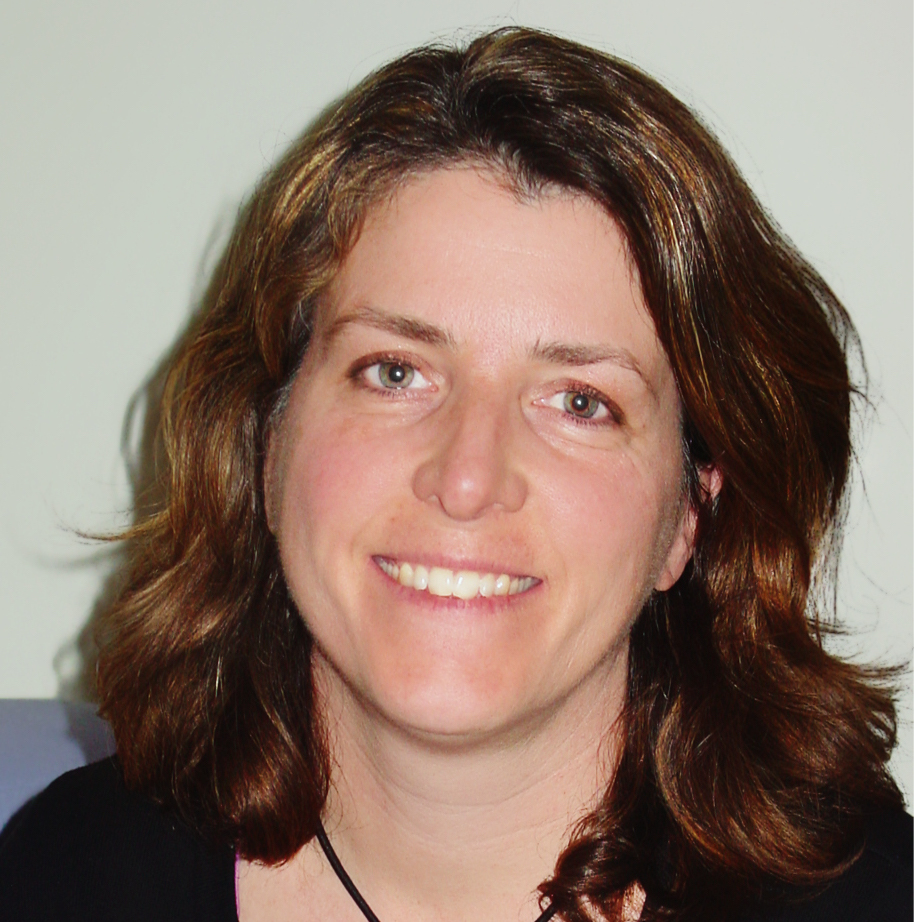
The Wells Lab,
Cornell University
Director: Prof. Nancy M. Wells
In the Wells Lab, we explore the relations between the built or natural environment and human health / well-being. Our work is situated at the intersection of environmental psychology and public health, addressing topics such as the natural environment’s relation to physical health, mental health, cognitive functioning, resilience, and health behaviors (e.g., diet and physical activity). We are interested in both the main effects of the environment on well-being and how nature may buffer (moderate) the influence of adversity or stress on health and resilience.
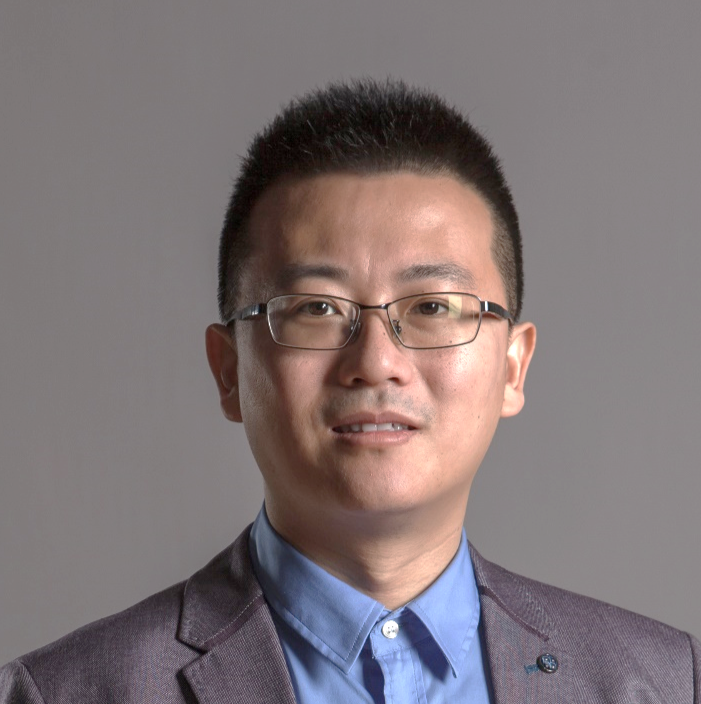
X-scape Lab,
Chongqing University
Deputy Dean of Faculty, Director: Prof. Hui XIE
X-scape Lab is an interdisciplinary research center established by Professor Hui Xie of Chongqing University, focusing on coping with the challenges of human settlements full of uncertainties and possibilities under climate change.
While striving to improve the interactivity and restorative effects of place, it also concentrates on the multi-sensory experience of people in complex environments. To make research more impactful, X-scape Lab is particularly interested in how to effectively apply the research outcomes to design practices at varied scales and scenarios.
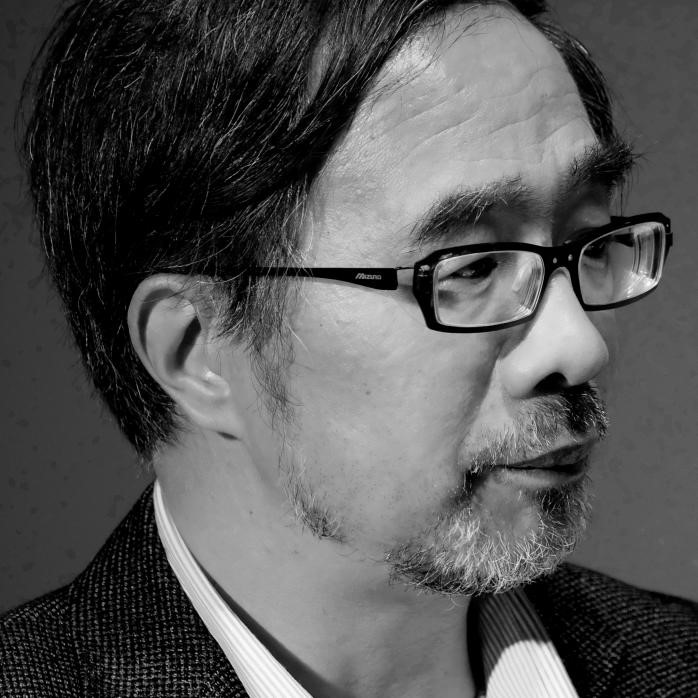
The Lab of Environment-Behavior Research, Tongji University
Director: Prof. Leiqing XU
The Lab of Environment-Behavior Research (LEBR) is established and operated by Professor Leiqing Xu of Tongji University, which is a leading experimental platform for the research of built environment and virtual human factors engineering in China. It is subordinate to the Built Environment Technology Center of CAUP of Tongji University.
Our laboratory has advanced hardware and software equipment such as Mars virtual environment system, man-machine environment synchronization system, wearable physiological test system, behavior observation and analysis system, virtual eye movement, arcgis10.7, pro2.4, etc.
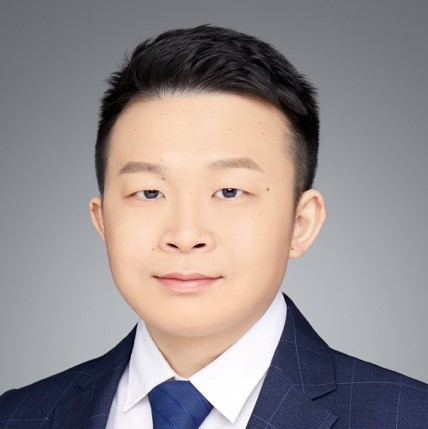
UrbanComp Lab,
China University of Geosciences (Wuhan) & The University of Tokyo
Founding Director: Dr. Yao YAO
UrbanComp Team was founded in 2018 by Dr. Yao Yao, a professor at China University of Geosciences (Wuhan) and a researcher at the University of Tokyo, Japan. Against the background that China is experiencing rapid urbanization and the emergence of massive big data, we have systematically conducted cross-fertilization research in multidisciplinary fields such as data science, GIS and urban science, promoted theoretical innovation and application technology development in urban spatial perception and urban change simulation at microscopic scale, promoted the application of project results on the ground in several industries, and effectively transformed relevant scientific research into substantial social and commercial values. We have published more than 80+ high-level papers in the research area of multi-source spatio-temporal big data mining and urban computing, which have been cited more than 2500 times in total, including 9 ESI high-cited and high-hot papers (H-Index = 25). We won the first prize of China’s Science and Technology Progress Award of Geographic Information and the first prize in the Design Contest for Planning Decision Support Model(Chengyuan Cup) in 2022.
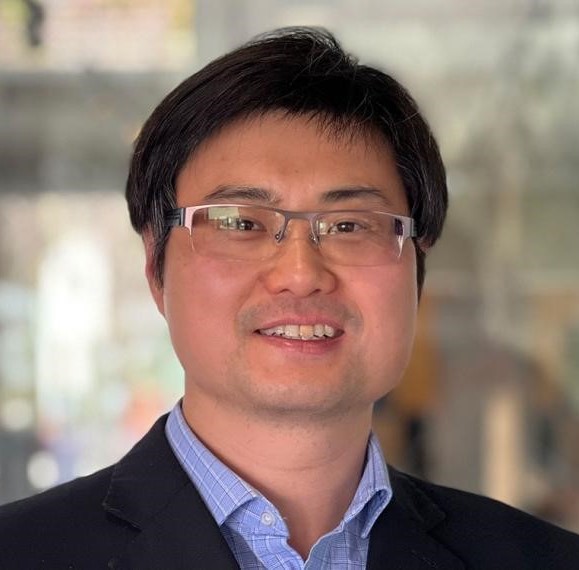
Bo YANG, The University of Arizona
Associate Dean, Prof. Bo YANG
Bo Yang PhD, PLA ASLA AICP is a professor in the School of Landscape Architecture and Planning and CAPLA associate dean for research at the University of Arizona. Bo holds a PhD in Urban and Regional Sciences and a Master of Landscape Architecture from Texas A&M University. His areas of interest are green infrastructure design and low-impact development, landscape performance assessment, environmental planning and technology, and landscape history and theory in China and East Asia. His research has been funded by the National Science Foundation, U.S. Geological Survey, Landscape Architecture Foundation, National Natural Science Foundation of China and others. He has published in premier academic journals, including Landscape and Urban Planning, Ecological Engineering, Landscape Research and Ecological Indicators, and is currently assistant editor of Landscape Research (Routledge). Bo is a registered landscape architect (Utah) and a member of the American Institute of Certified Planners.
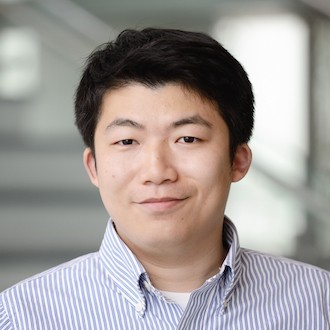
Computational Urban Design Lab,
Tongji University
Director: Dr. Yu YE
An urbanist by training, Associate Professor Yu Ye teaches at the Department of Architecture, Tongji University, where he directs the Computational urban design Lab, and works as the deputy director of Built Environment Research Center of Tongji University. He graduated from TU Delft (MSc), and later earned his PhD at University of Hong Kong. Before joining in Tongji University, he also worked as Senior Research Assistant and Postdoc at University of Hong Kong and Future Cities Lab, ETHZ, respectively. The emergence of new analytics and data sources has given rise to new methods of studying and designing the city. As a response, Dr. Ye’s research focuses on computational urban design integrating science, technology and design together, which contains three main directions. The first is data-informed urban design integrating big data and urban computing to collect, visualize, analyze, and understand complex urban geospatial data to assist smart urban design analyses. The second is evidence-based urban design applying virtual reality and wearable biosensors to collect the personal’s preferences and feelings to human-scale built environment. The third is algorithm-driven urban design involving computer visualization and deep learning algorithms to develop design tools for urban designers. Dr. Ye has published more than 30 journal articles on renowned international journals, e.g., Environment and Planning B, Landscape and Urban Planning, and Urban Morphology. Meanwhile, he is acting as PI of five research projected funded by National Natural Science Foundation of China, Natural Science Foundation of Shanghai, Ministry of Housing and Construction, respectively.
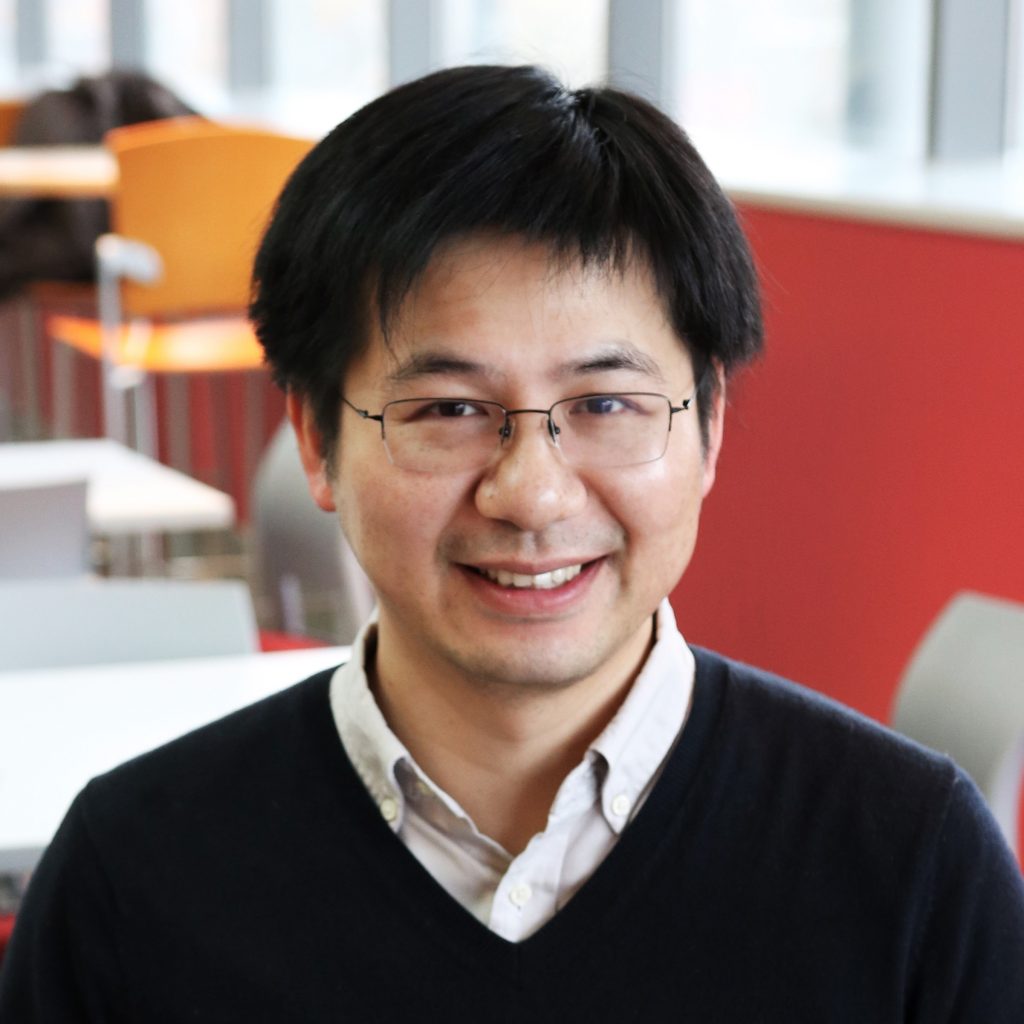
YIN Lab,
Tongji University
Director: Dr. Jie YIN
YIN Lab’s research interests lie in the cross-disciplinary field of urban planning and environmental health. Our work addresses how bringing natural elements and processes into built environments at different spatial scales affects human health and wellbeing. We developed an experimental platform to quantify the health impacts of biophilic design and nature contact by using virtual reality, eye-tracking, and bio-monitoring sensors. We also conducted epidemiological studies on how built environment characteristics are associated with population health indicators.
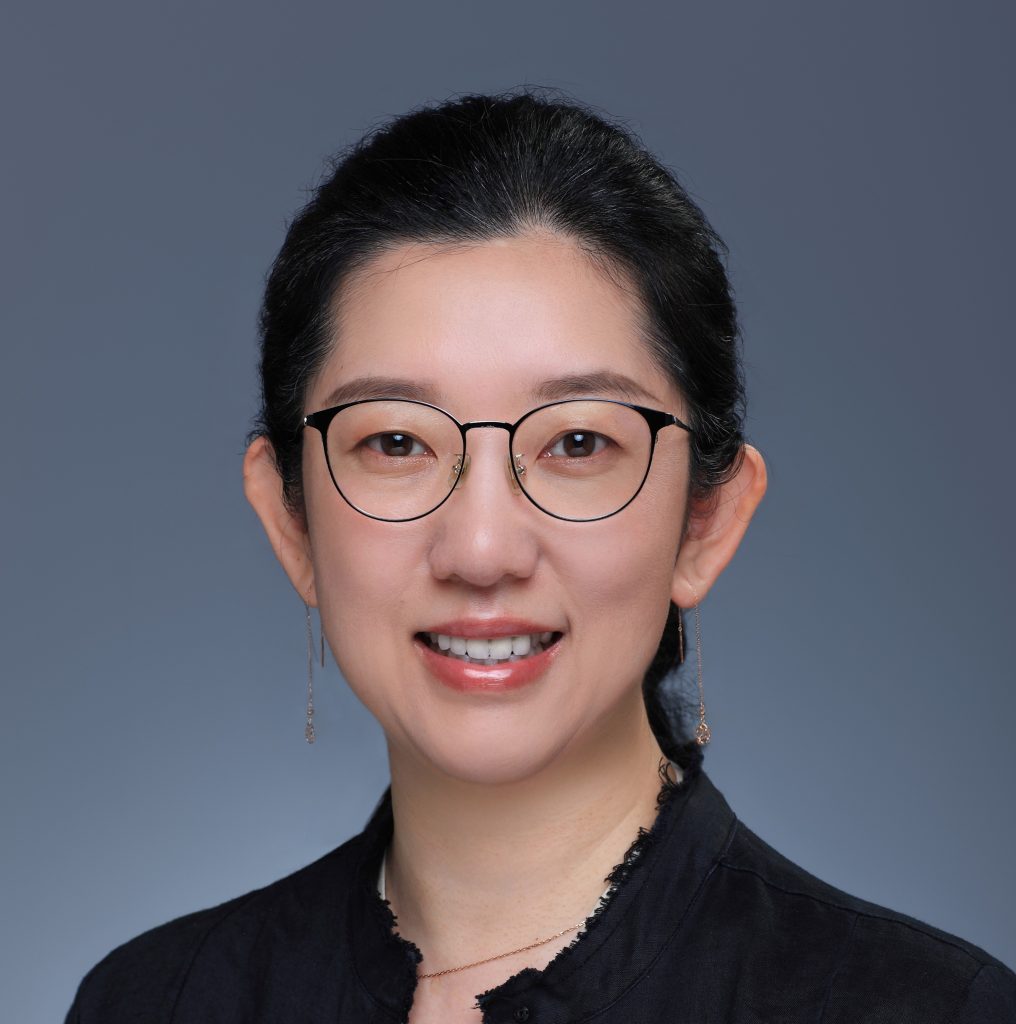
The Streetscape Research Centre (SRC),
Harbin Institute of Technology
Director:Dr. Yang YU
The Streetscape Research Centre(SRC)is an academic research platform supported by the universities, research institutions and design enterprisesin China. The SRC aims to develop the practice of creating public space in Chinese cities, seeks theories and methods to solve practical urban problems.It focuses on the core topics of urban public space quality improvement and streetscape reconstruction, and promotes the frontier development of urban design disciplines and industries.
Dr. Yang YU is employed at Harbin Institute of Technology, and serves as Secretary-General / co-founder of SRC. Her design practice revolves around the integration of architecture and landscape architecture, with the aim of creating urban public space in a multidisciplinary perspective. Her research focuses on health-oriented urban streetscape and green space, exploring strategies to design healthy streets in China.
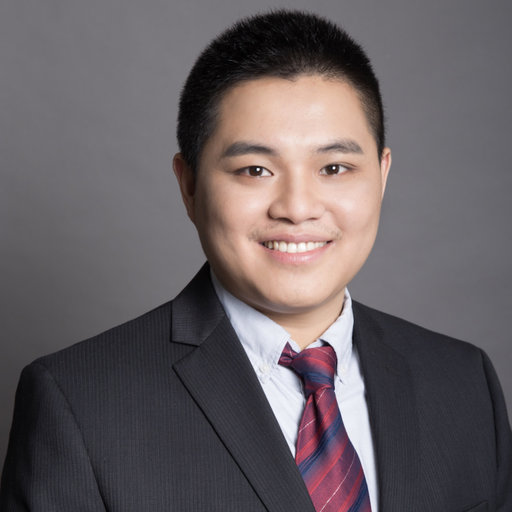
Urban Ecology and Exposure Ecology (UEEE) Lab,
Fudan University
Director:Dr. Zhaowu YU
Dr. Zhaowu YU leads the Urban Ecology and Exposure Ecology (UEEE) Lab at University Texas at Fudan University. The lab centers on Nature based solution – urban blue-green space, urban heat island mitigation, Urban cooling effect and its energy-health-policy effects. Established in March 2002, the laboratory is one of the earliest scientific research units in China that advocates urban ecology research and planning and design.
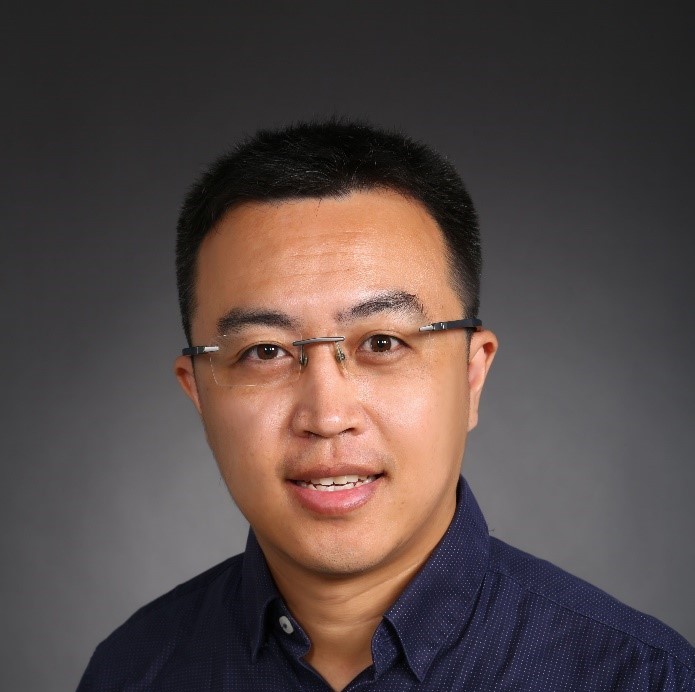
Human settlements and Nature Symbiosis Lab,
Tsinghua University
Director: Dr. Lin YUAN
Our research focuses on nature-based urban and regional planning and design methods and approaches, covering multiple scales from national territory to living communities, including the reinterpretation of the ecological wisdom of historical human settlements and contemporary ecological urban and rural planning and design. We explore the approaches for symbiosis of human settlements and nature through theoretical research, policy consultation and practical demonstration.

City Science and Resilience (CSR) Lab, University of Texas at San Antonio
Director: Dr. Wei ZHAI
Dr. Wei Zhai leads the City Science and Resilience (CSR) Lab at University Texas at San Antonio. The lab centers on how to make cities smart and resilient in the face of local and global environmental change. In the lab, we leverage emerging big data and advanced methods to reexamine disaster resilience before, during, and after extreme weather events. We also develop and apply geospatial data science methods for better sensing human behavior, social equity, and urban dynamics.
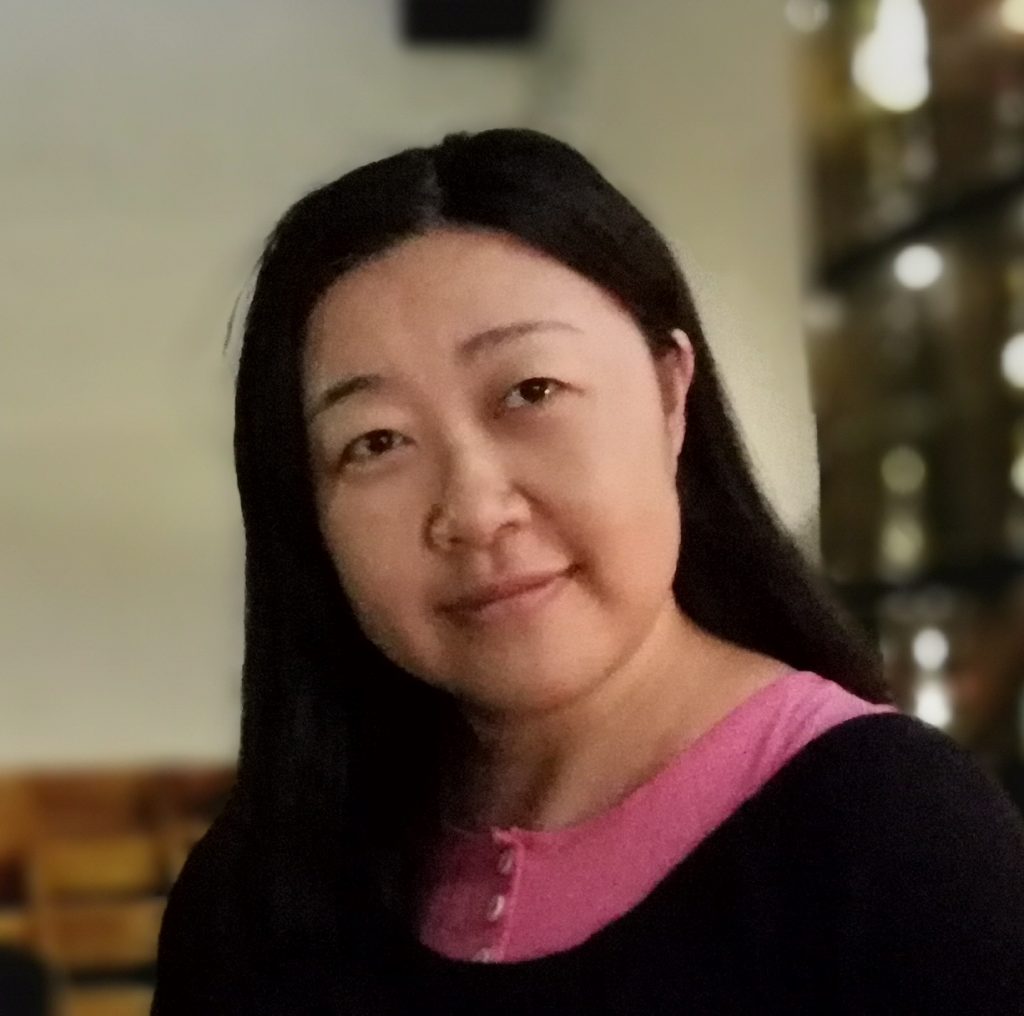
Crime and Deviance Research Cluster,
The Chinese University of Hong Kong
Dr. Hua ZHONG
The sociology of crime and deviance, the sociology of law and sociological criminal justice studies are together viewed as one of the major fields in sociology known as ‘criminology’. Faculty members in this research cluster are actively involved in international criminology societies and have published peer-reviewed papers in high-quality international criminology journals on topics such as substance abuse, gambling, juvenile delinquency, domestic violence, victimisation and policing. Their expertise is recognised both internationally and locally. The faculty has also established close relationships with criminal justice agencies and related organisations in Hong Kong and mainland China for collaborative research. Given the growing prominence of genetics-informed sociology, faculty members have initiated novel research on gene-environment interactions and their effects on the propensity of various types of risk-taking behaviour among the Chinese through social surveys and DNA collection. The focus on Chinese populations develops knowledge on the potential cultural variation in the manifestation of genes related to risk-taking behaviour beyond the Western context. This research is also a response to the bridging of biomedical science and deviance studies by international criminology academics.

Healthy Human Settlement Lab,
Huazhong Agricultural University
Dr. Le ZHONG
The main research scope of the Healthy Human Settlement Lab are landscape architecture and public health, urban biodiversity, national park and protected areas. We mainly focus on how to recognize and reduce the negative impact of ecosystem disservices of green spaces, and how to prioritize the planning and management of those green spaces to facilitate human well-being and public health.
